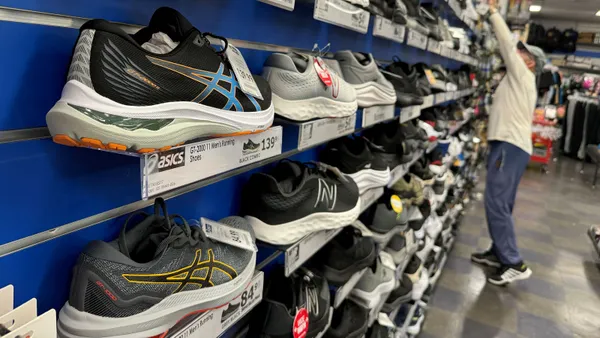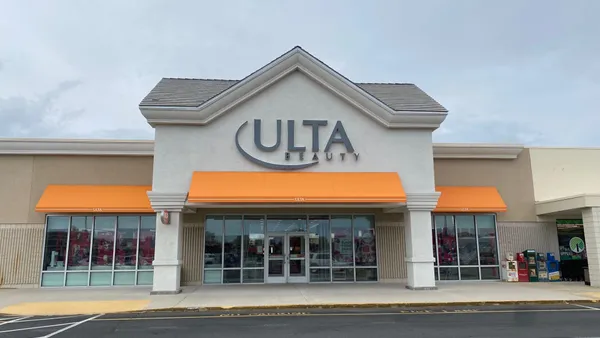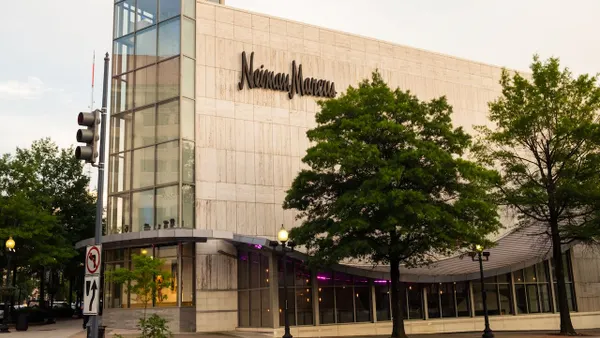Dive Brief:
- Retailers so far in 2019 have closed nearly 7,300 stores, which is already more than in any other full year, according to new research from accounting and consulting firm BDO.
- Of those closures, Payless ShoeSource contributed more than 2,300. Other liquidating banners added hundreds of stores apiece to the closure count, including Gymboree (749), Ascena's Dressbarn (661), Charlotte Russe (522) and Shopko (363), according to data compiled by BDO. Relatively stable retailers also closed large swaths of stores this year, such as Family Dollar (390), GNC (233), Gap (230), Walgreens (195) and H&M (160).
- BDO noted that bankruptcy filings have accelerated this year compared to 2018, and more retail Chapter 11s are resulting in liquidation.
Dive Insight:
The famed "retail apocalypse" of 2016 and 2017 never really ended. Hyperbolic as the term may have been, it described a very real period of structural change and consolidation in the industry that continues today.
The drumbeat of retail Chapter 11 filings this year and in the past frequently describe very similar challenges in their first-day court papers: an accelerated shift to e-commerce, declining mall traffic, increased consumer spending on experiences over goods, expensive leases for suddenly unprofitable stores and unmanageable debt loads.
A note on that latter phenomenon, the debt: What many retailers' bankruptcy papers don't mention are the leveraged buyouts that left so many of them indebted in the first place. Private equity firms are at least co-stars in the story of the retail apocalypse.
Of the major retailers that filed for bankruptcy by the end of May this year, 80% were owned by private equity companies or had been in the recent past. Data compiled and analyzed by Retail Dive as of May shows that of retail acquisitions by private equity firms going back to 2002, 21% have filed for Chapter 11 at some point.
What's more, private equity-owned retailers have laid off nearly 600,000 workers over the past decade and are responsible for some 1.3 million total job losses, according to research from a collaboration of advocacy groups published this summer.
But retailers under all sorts of ownership are struggling. Publicly traded discount retailer Fred's filed for bankruptcy this week with plans to wind down its operations. Privately owned Forever 21 is reported to be preparing to file for Chapter 11. Other publicly traded retailers — J.C. Penney, Ascena, Pier 1 and Francesca's among them — are bleeding sales and profits despite their best efforts.
The common themes are often debt that becomes untenable in an era of fragmenting markets, competitive investments in new technology, and widespread discounting and price competition. As Moody's analysts have pointed out, retail is shaping into a "survival of the fittest," where retailers with cash and healthy balance sheets are poised to grow, often at the expense of weaker, indebted peers. Tariffs and a possible recession can't help those retailers, either.














